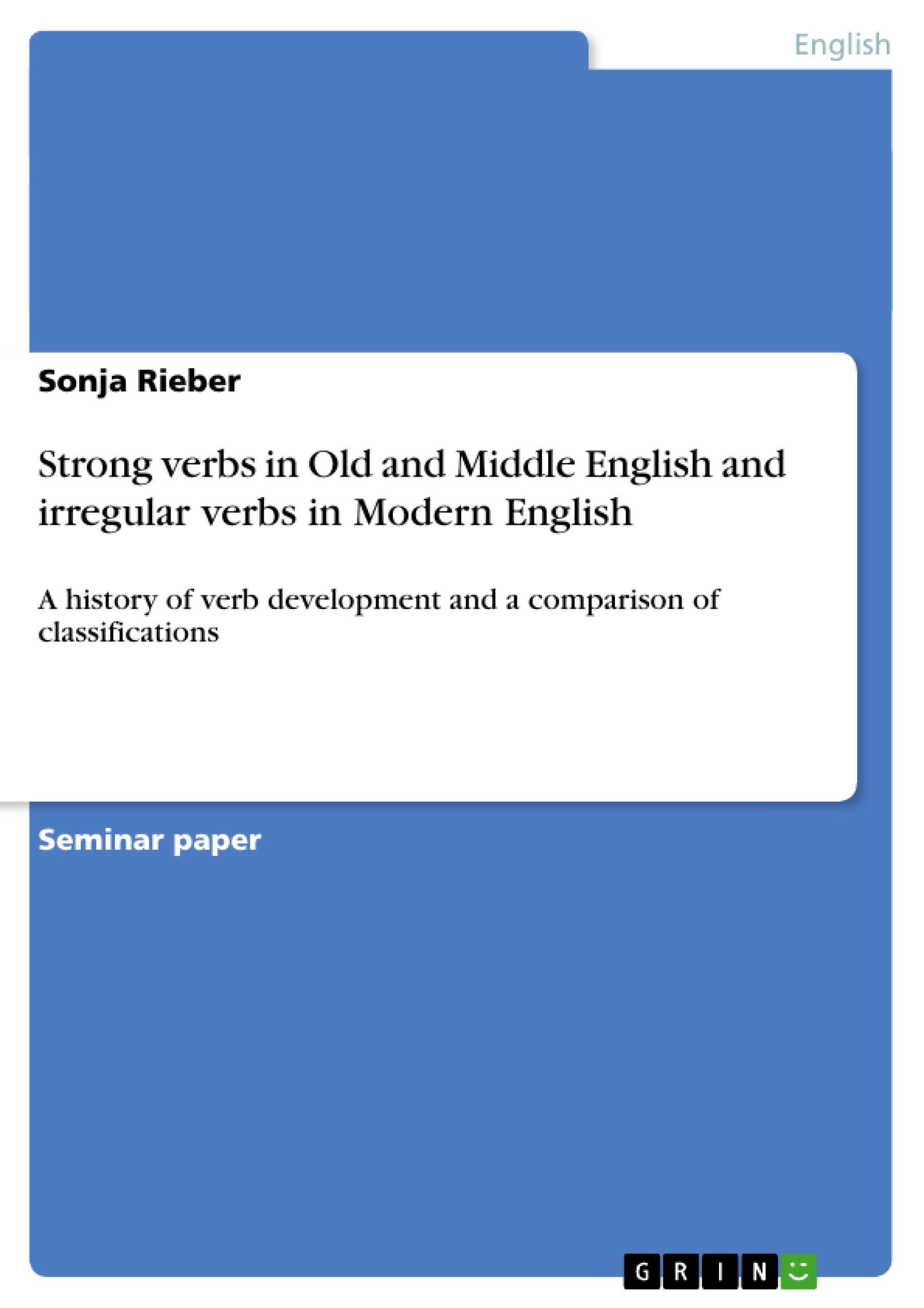

#British english irregular verbs list to learn how to#
Let’s start by looking at how to form the verb ‘to be’.

as an auxiliary verb to make passive sentences.as an auxiliary verb to make continuous tenses.give personal information, like name, origin, age.The verb ‘to be’ is the first verb we all learn to use. Let’s take a look at each verb and see how you can use them. At Wall Street English, you learn how to use the main functions of ‘to be’ and ‘to have’ in the first levels, and then gradually learn all the uses step by step throughout the course. They are important because we use them as verbs for many different situations, and also as auxiliary verbs, so naturally they are the first verbs you learn. Accordingly, the word being worked out will be remembered much faster than during work, when you just look at the table and try to remember the spelling and translation.Of all the English verbs, the most important two are ‘to be’ and ‘to have’. Words are easier to remember - when we learn irregular verbs with transcription and translation, working on pronunciation, more parts of the brain are involved in the work, including those responsible for memory.It looks a little complicated in writing, but in short, the essence is that you automatically listen to the word being studied, and later you will easily recognize it in someone else's speech. But at the moment of speaking, we also hear ourselves, which means our hearing learns to distinguish English sounds and compare them with the memorized word. Improves listening comprehension - the transcription of English irregular verbs helps to pronounce words correctly and improve your speaking skills.only writing and translation, then there is a high risk of a "language barrier" (fear, embarrassment to speak a foreign language). Moreover, this law also works in the opposite direction: if words are memorized without pronunciation, i.e. Spoken language develops - the more often you say English words, the easier it is for you to speak English.And if you can combine the study of vocabulary with the practice of pronunciation, then why not? Moreover, such an activity will immediately bring double benefits, and on the way to perfect English instead of one, you will take two steps at once per lesson! The correct British accent is being developed - only a long work on phonetics can achieve the eradication of the "Russian" accent in speech, and the setting of the correct British pronunciation.However, if before y there is a vowel, then nothing changes:.If the verb ends in ybefore which there is a consonant, then y changes to i:.



 0 kommentar(er)
0 kommentar(er)
